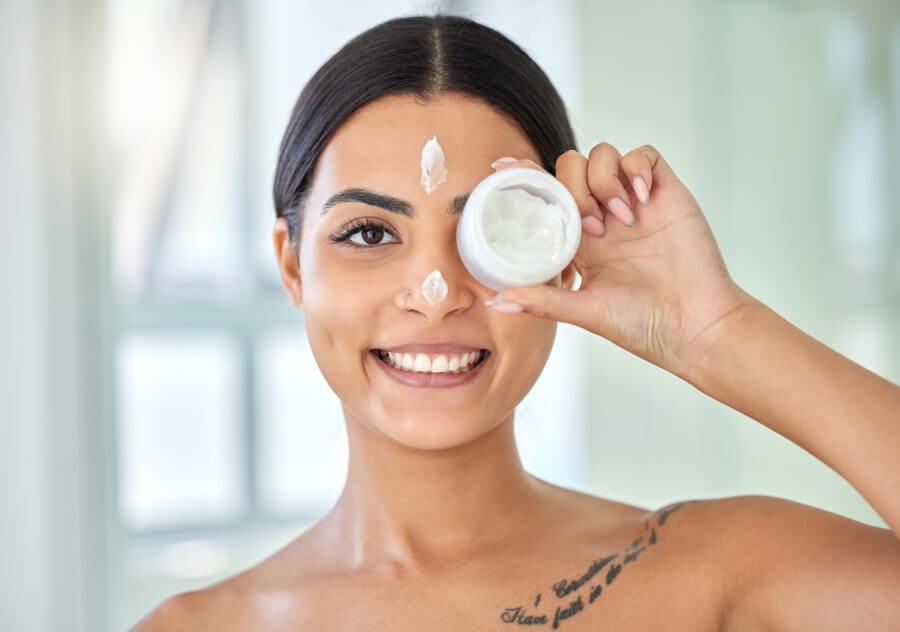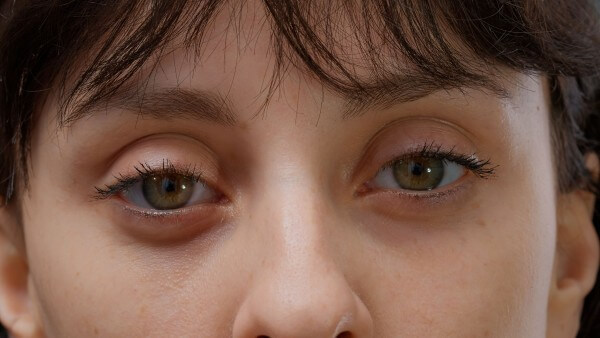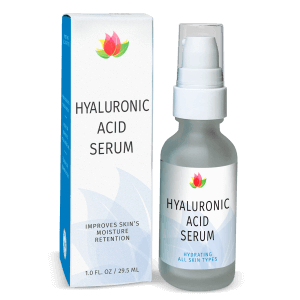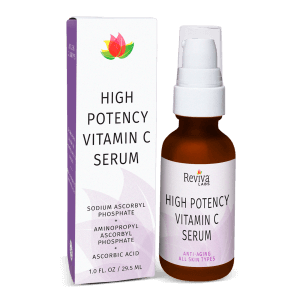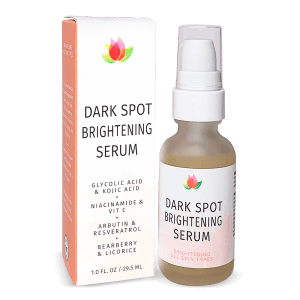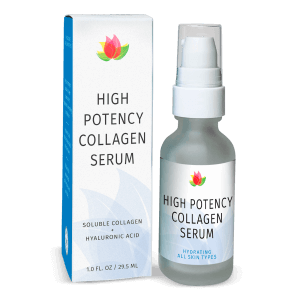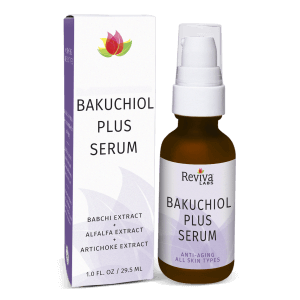Reviva Labs, Skin Care
How Important is Skin Care?
Healthy, radiant skin is often seen as a reflection of one’s overall health. This vital aspect of personal care goes beyond mere aesthetics. Skin care plays a crucial role in maintaining the body’s largest organ, protecting it from external aggressors, and ensuring it functions effectively. Understanding the importance of skin care can lead to better health outcomes and boost self-esteem.
The Protective Role of the Skin
The skin serves as the body’s first line of defense against environmental hazards such as pollution, UV radiation, and pathogens. It acts as a barrier, preventing harmful substances from entering the body while retaining essential moisture. A well-maintained skin barrier is crucial for preventing conditions like eczema and dermatitis, which can occur when the skin is dry or damaged. Proper hydration, through both skincare products and adequate water intake, helps maintain this barrier, ensuring it remains strong and effective.
Impact of Skin Care on Mental Health
Skin care routines can also have a significant impact on mental health. Engaging in regular skin care practices can be a form of self-care, offering moments of relaxation and stress relief. The process of cleansing, exfoliating, and moisturizing can be meditative, allowing individuals to focus on themselves and their needs. Moreover, seeing positive results from these routines can boost confidence and self-esteem. According to a study published in the Journal of Clinical Psychology, engaging in self-care activities, including skin care, can reduce symptoms of depression and anxiety.
Preventive Health Care through Skin Care
Skin care is not just about treating existing issues; it’s also about prevention. Using products with ingredients like antioxidants and sunscreens can protect the skin from damage caused by free radicals and UV exposure. Over time, this can prevent premature aging, including fine lines, wrinkles, and hyperpigmentation. According to the Skin Cancer Foundation, regular use of SPF 15 sunscreen can reduce the risk of developing squamous cell carcinoma by about 40 percent, and lower melanoma risk by 50 percent.
The Role of Diet in Skin Health
What you eat also plays a significant role in skin health. A diet rich in vitamins, minerals, and antioxidants can enhance the skin’s appearance and functionality. Foods high in Vitamin C, like citrus fruits, help in collagen production, which is essential for maintaining skin elasticity. Omega-3 fatty acids, found in fish and flaxseeds, are known for their anti-inflammatory properties, which can help reduce acne and other inflammatory skin conditions.
Customization and Consistency in Skin Care
No two skin types are alike, which means skin care routines should be personalized. Understanding your skin type—whether it’s oily, dry, combination, or sensitive—can help you choose the right products that will work best for you. Consulting with a dermatologist can provide insights into the specific needs of your skin. Consistency is key in skin care. While some products may show immediate results, most require regular use over time to see significant improvements. Patience and perseverance are essential to achieving and maintaining healthy skin.
The Science Behind Skin Care Products
The effectiveness of skin care products often lies in their ingredients. Hyaluronic acid, for example, is renowned for its ability to retain moisture, making it an excellent choice for hydration. Retinoids, derived from Vitamin A, are powerful in combating signs of aging and improving skin texture. Knowing which ingredients to look for can make a huge difference in the results you achieve.
The Economic Aspect of Skin Care
Investing in quality skin care products can seem expensive, but it is often more cost-effective in the long run. High-quality products tend to be more effective and require less product per use, leading to longer-lasting results. Moreover, preventing skin issues can save money on more expensive treatments down the line. Dermatological procedures and treatments for advanced skin conditions can be costly, whereas maintaining a good skin care routine can minimize the need for such interventions.
Environmental Considerations in Skin Care
In recent years, the environmental impact of skin care products has become a significant concern. Consumers are increasingly looking for products that are sustainably sourced, cruelty-free, and packaged in eco-friendly materials. Choosing products that meet these criteria can contribute to better skin health and a healthier planet. Brands that prioritize sustainability are often transparent about their sourcing and manufacturing processes, allowing consumers to make informed choices.
Skin Care for Different Life Stages
The skin’s needs change throughout life. During adolescence, hormonal changes can lead to acne and oily skin, requiring products that target these issues without being overly harsh. In adulthood, the focus may shift to maintaining hydration and preventing signs of aging. For mature skin, products that boost collagen production and reduce age spots become essential. Understanding these changing needs can help in selecting the right products and routines for each stage of life.
Professional Treatments and Their Benefits
While daily skin care routines are essential, professional treatments can offer a deeper level of care. Facials, chemical peels, and laser treatments can address more persistent issues like deep-set wrinkles, acne scars, and uneven pigmentation. Regular visits to a dermatologist can complement your at-home routine, providing professional insights and treatments that enhance your skin care efforts.
Cultural Influences on Skin Care Practices
Skin care practices can vary significantly across different cultures, influenced by climate, traditions, and available resources. In many Asian cultures, for instance, multi-step skin care routines are common, focusing on layering products to achieve glowing skin. In contrast, Scandinavian countries often emphasize minimalism, using fewer products with natural ingredients. Learning from these diverse practices can inspire a more holistic approach to skin care.
The Future of Skin Care
Advancements in technology and research are continually shaping the future of skin care. Personalized skin care, driven by genetic testing and AI analysis, promises to deliver tailored solutions based on individual needs. Innovations in ingredient delivery systems, such as microencapsulation, are enhancing the effectiveness of active ingredients. Staying informed about these trends can help you make better choices for your skin care routine.
In summary, skin care is a vital component of overall health and well-being. It goes beyond aesthetic concerns, playing a crucial role in protecting the body, enhancing mental health, and preventing future skin issues. By understanding the importance of personalized routines, the role of diet, and the benefits of professional treatments, individuals can achieve and maintain healthy, radiant skin. As research and technology continue to evolve, the future of skin care holds promising advancements that will further enhance our ability to care for our skin effectively.



